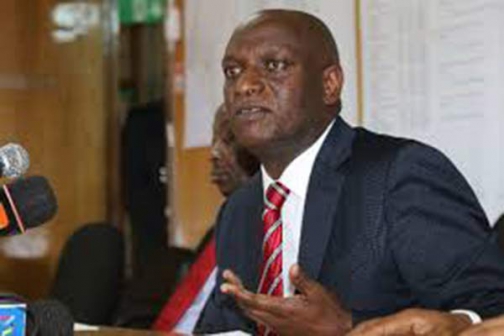×
The Standard e-Paper
Stay Informed, Even Offline

Property owners will no longer inflate land prices by huge margins when government acquires their parcels for national projects if a Bill before Parliament becomes law.
Energy Secretary Charles Keter said the Government is grappling with huge compensation costs and unreasonable demands by property owners who quote crazy amounts once they know it is the Government buying. “When people know there are power lines to be developed they rush to put up structures along the way and over value the land,” he said.